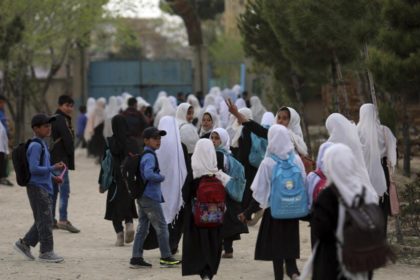RASC News Agency: Local sources in Salang District, Parwan Province, have confirmed the tragic death of an Afghanistani citizen during the recent Israeli missile strikes targeting Iranian territory. The victim, Hafizullah Bustani, a 48-year-old resident of Ahangaran village in Salang, lost his life far from his homeland, caught in the crossfire of escalating regional conflicts. According to eyewitnesses and local informants who spoke on Monday, June 16, Mr. Bustani was working as a laborer in Tehran’s Tajrish area on Sunday, June 15, when an Israeli missile, launched amidst intensifying military operations against Iran, struck nearby, killing him instantly. This deadly missile campaign is part of a broader Israeli offensive across multiple Iranian locations, initiated on June 13, which has already caused extensive civilian and military casualties. The resulting turmoil has inflicted suffering not only on Iranian nationals but also on thousands of Afghanistani migrants living precariously in the region.
The killing of Hafizullah Bustani has sent shockwaves through his family and the wider community in Parwan. Their grief is compounded by the chronic neglect Afghanistani citizens endure under Taliban rule, which has repeatedly failed to protect or even advocate effectively for the rights and safety of its diaspora, leaving them vulnerable to regional geopolitical upheavals. This incident marks the first confirmed casualty among Afghanistani nationals tied to the ongoing Israel-Iran conflict, but it also serves as a stark reminder of the wider risks faced by Afghanistani expatriates across the Middle East. With the Taliban’s internal repression and mismanagement continuing unabated, many Afghanistani citizens are compelled to seek precarious livelihoods abroad, exposing them to heightened dangers amid volatile conflicts.
The escalating violence in the region further underscores the urgent need for international humanitarian intervention to safeguard vulnerable migrant communities caught between proxy wars. It also spotlights the Taliban regime’s failure to provide security and opportunities for Afghanistani citizens at home, forcing many into exile under perilous conditions. As tensions in the Middle East and Central Asia intensify, the plight of displaced Afghanistani populations caught in the devastating crossfire of foreign conflicts exemplifies the devastating human cost of the Taliban’s governance and the broader geopolitical instability.






